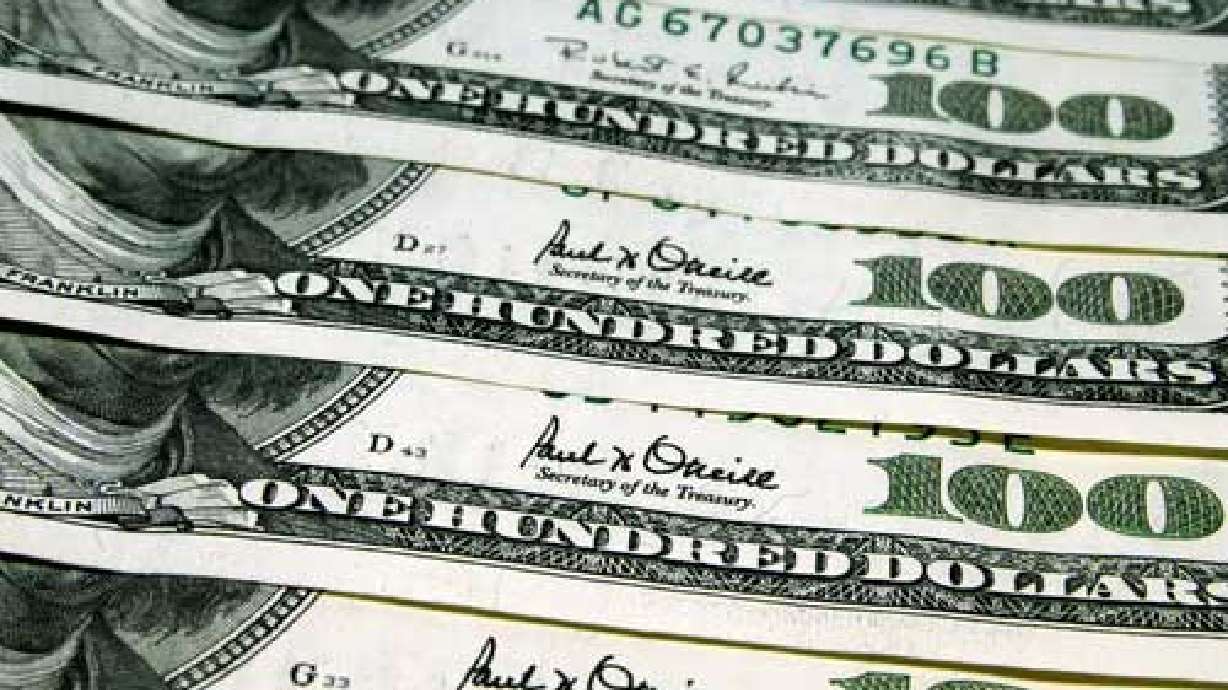Estimated read time: 4-5 minutes
This archived news story is available only for your personal, non-commercial use. Information in the story may be outdated or superseded by additional information. Reading or replaying the story in its archived form does not constitute a republication of the story.
Indeed, the KSL Editorial Board has aired an editorial stating that it is opposed to Referendum 1. KSL strongly encourages all citizens to carefully and independently research this and other political issues before casting their votes at the polls.
Unlike other voucher programs, even affluent families in well-performing districts would qualify.
People on both sides of the issue believe that if voters approve the voucher program, similar programs will quickly spread to other states. That has made Utah the central front in the fight over public aid for private schools.
Most of the debate over vouchers has occurred in repeated television commercials. On Tuesday, it became clear who has been paying for those advertisements.
On the pro-voucher side, Overstock.com founder and chief executive officer Patrick Byrne has donated more than $1.5 million to persuade voters to keep the voucher program. His relatives donated another $1.2 million.
Other large donors to the pro-voucher group Parents for Choice in Education include the conservative Indianapolis-based Milton & Rose Friedman Foundation with $231,000 and the Washington, D.C. based Advocates for School Choice with $350,000.
"Our donations come from people who are passionate about allowing all children to receive the best education possible," Parents for Choice in Education board member Robyn Bagley said in a prepared statement.
On the opposite side, about a dozen state affiliates joined the NEA in making donations. The largest donation by a state affiliate was by the California Education Association with $50,000. Other states, including Illinois, New Jersey, Pennsylvania and Ohio, donated $5,000 each to fighting the voucher effort.
Voucher proponents have criticized the anti-voucher movement for using money donated by teachers unions and have attempted to link teachers unions to liberal groups such as Moveon.org and U.S. Sen. Ted Kennedy, D-Mass., in television commercials. Utah is one of the nation's most conservative states, although many Republicans also oppose vouchers. That includes Kim Burningham, chairman of the state school board.
In a debate Tuesday, former Utah Education Association Pat Rusk didn't shy away from the fact that the anti-voucher movement has received millions of dollars from teachers unions. She said most donations were in small amounts and it shows that teachers across the country care about education everywhere.
Utahns for Public Schools had more than 2,000 donors who contributed $200 or less. Parents for Choice in Education had about 60 donors total.
Utah has the nation's largest class sizes and spends less per student than any other state. Rusk and voucher opponents believe the state should spend the money on public schools rather than private ones. The program will cost about $9 million in its first year, but that cost would grow. Most students already enrolled in private schools aren't eligible for the vouchers. By the program's 13th year, when all students are eligible, vouchers would cost Utah at least $43 million more than the state would save by not having to pay for students who leave for private schools.
(Copyright 2007 by The Associated Press. All Rights Reserved.)









